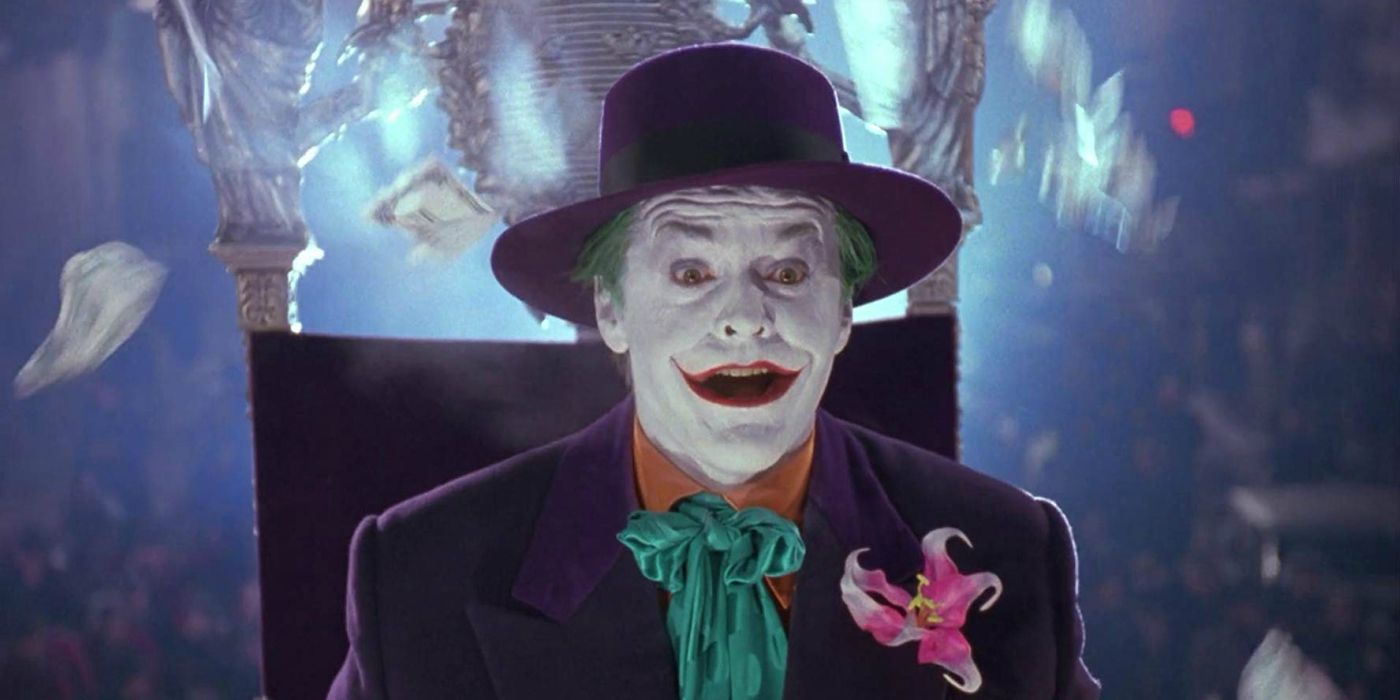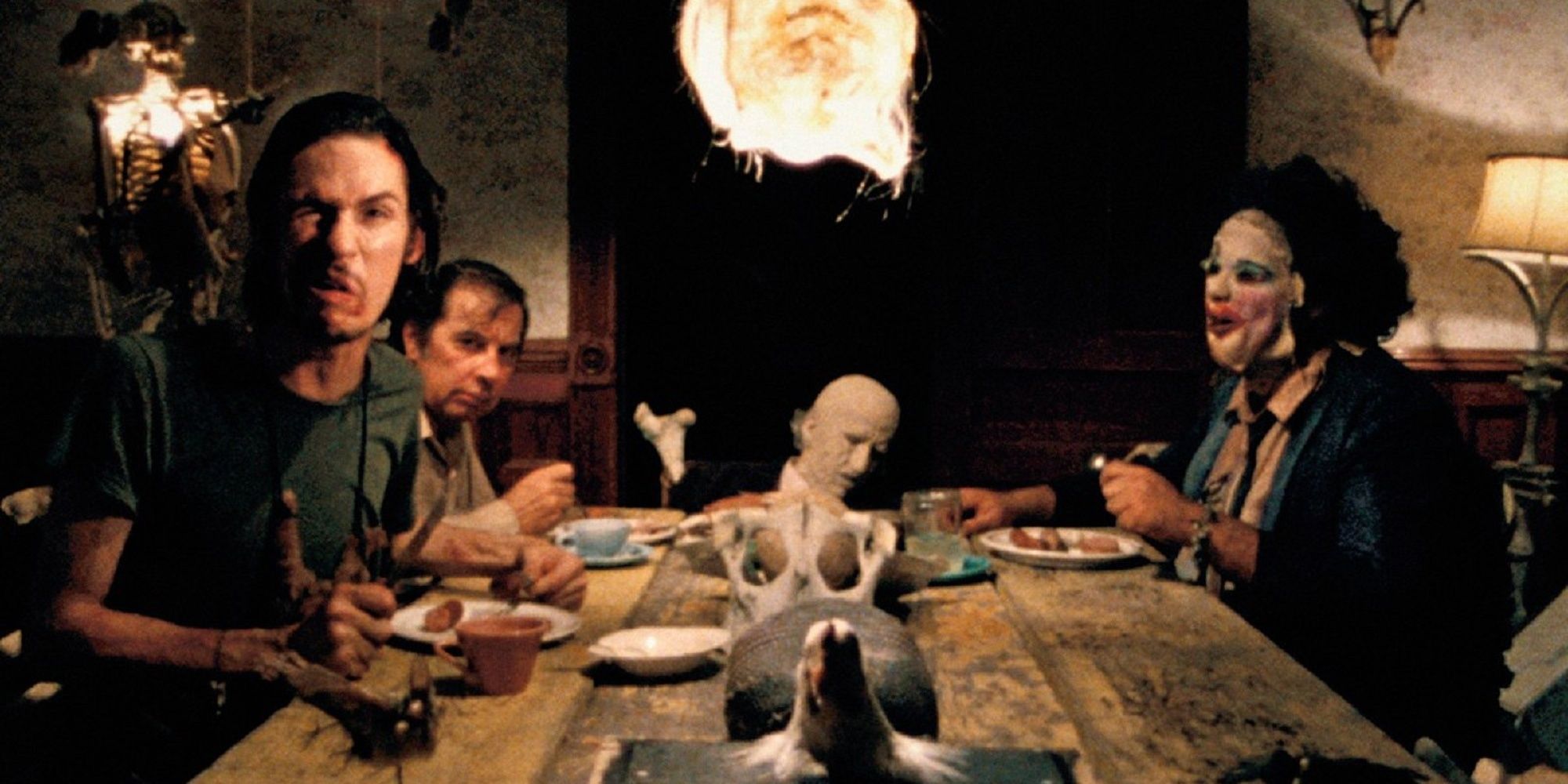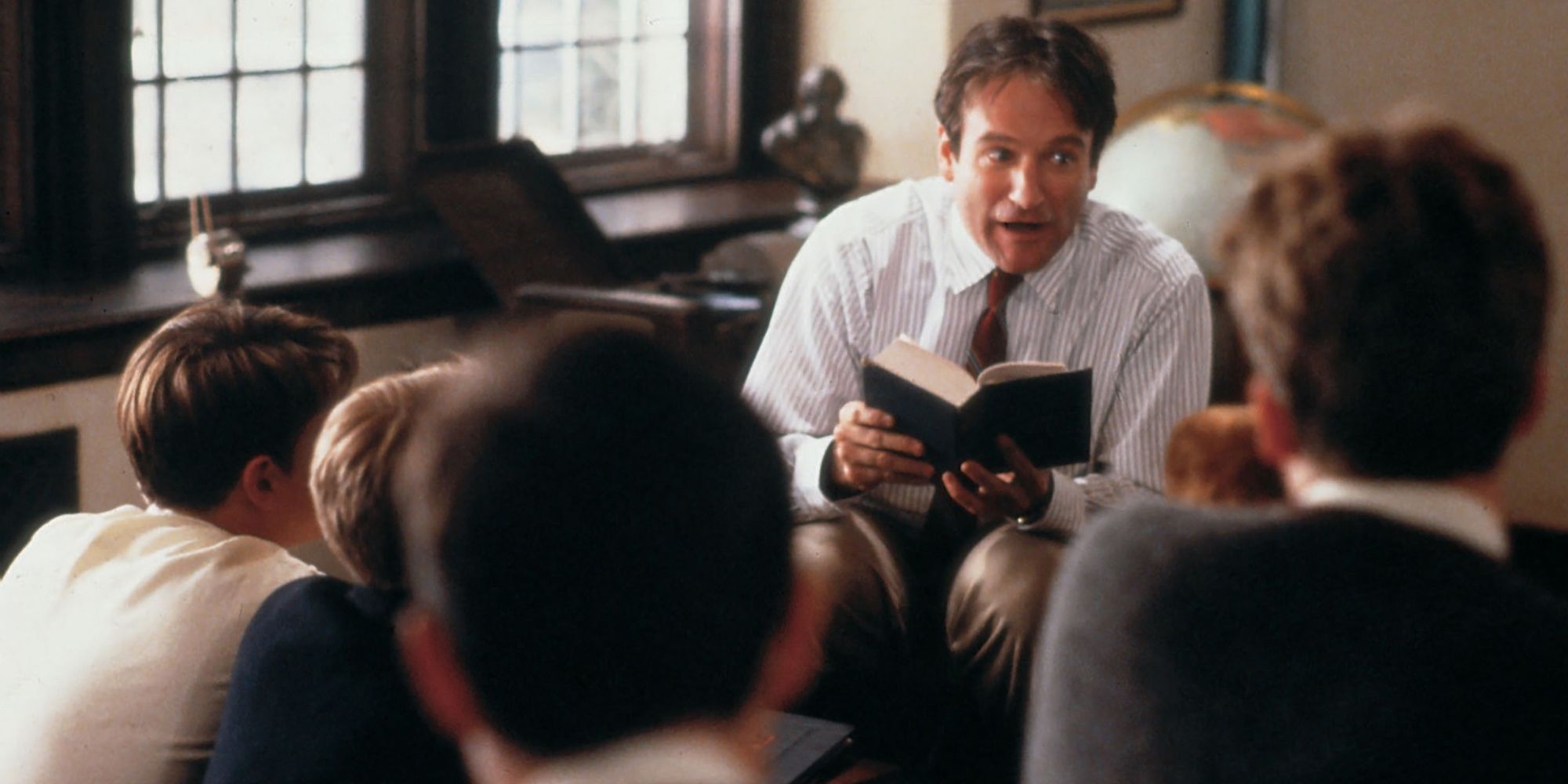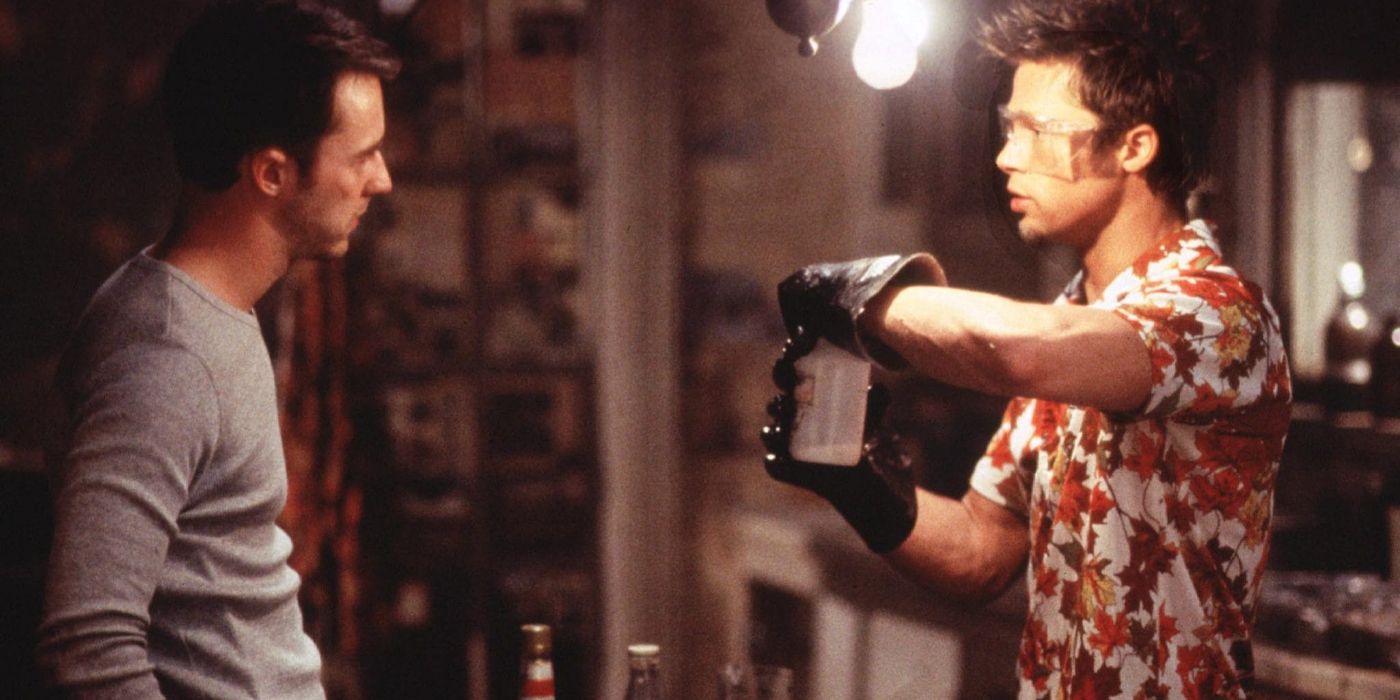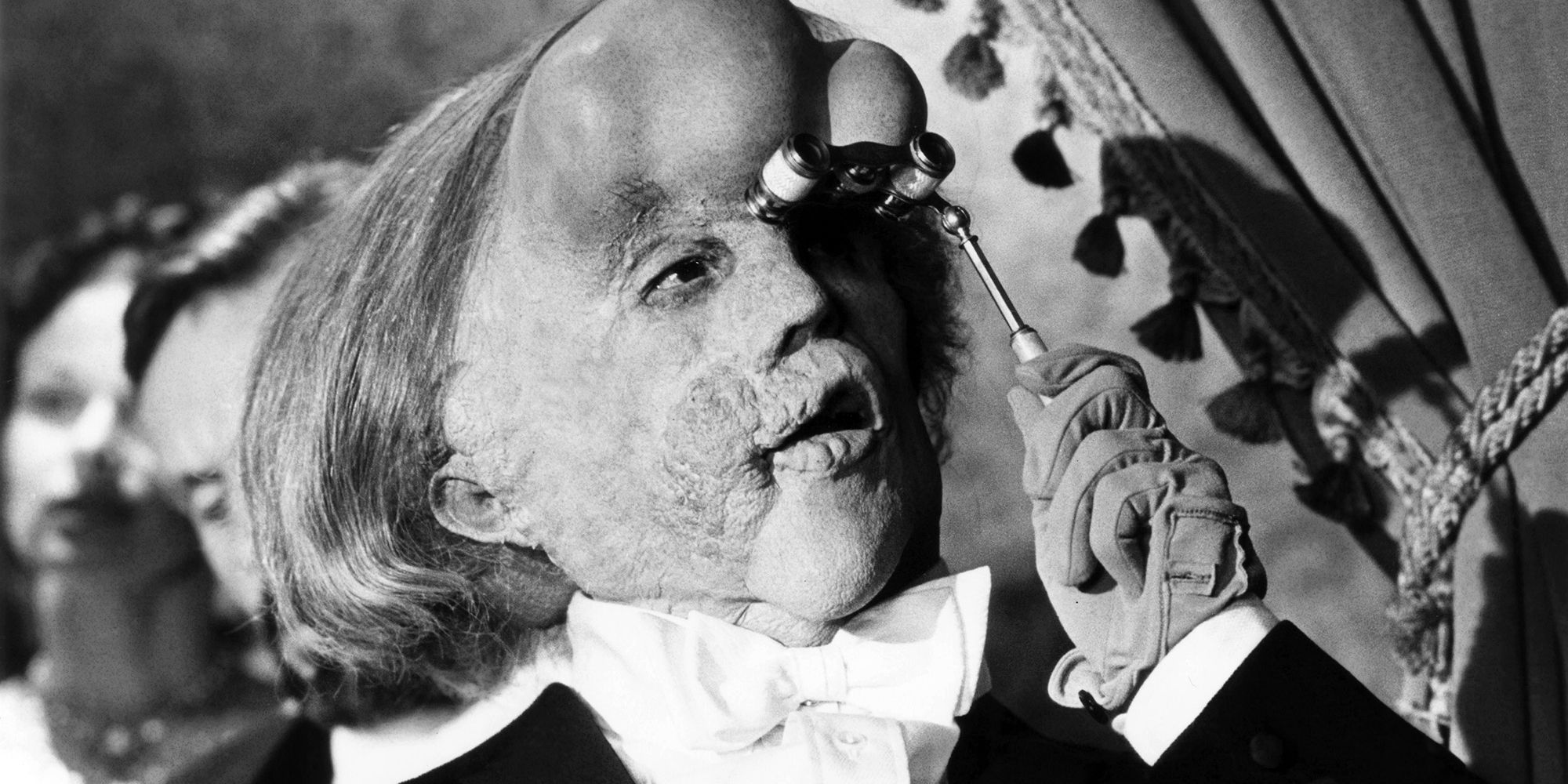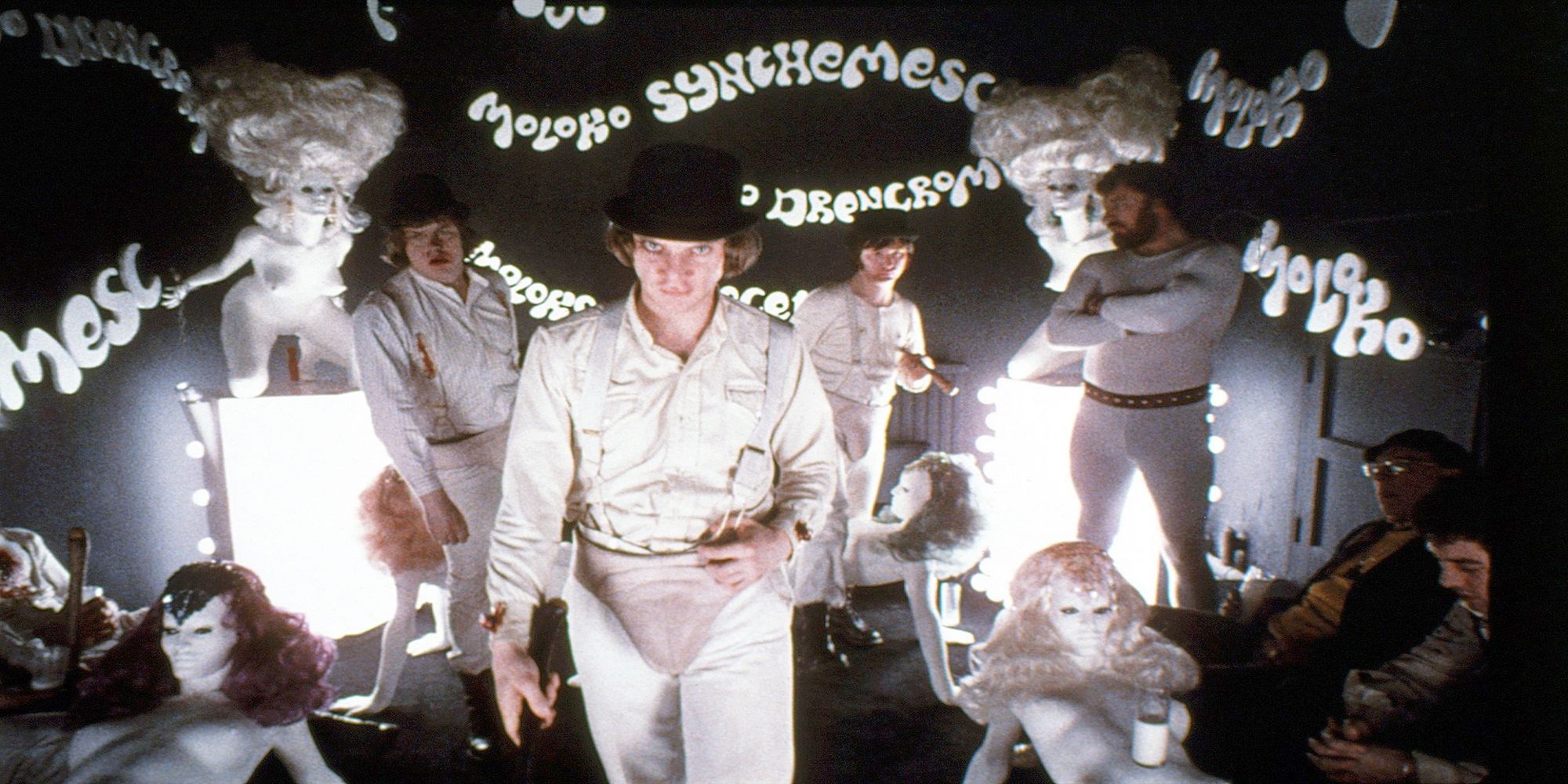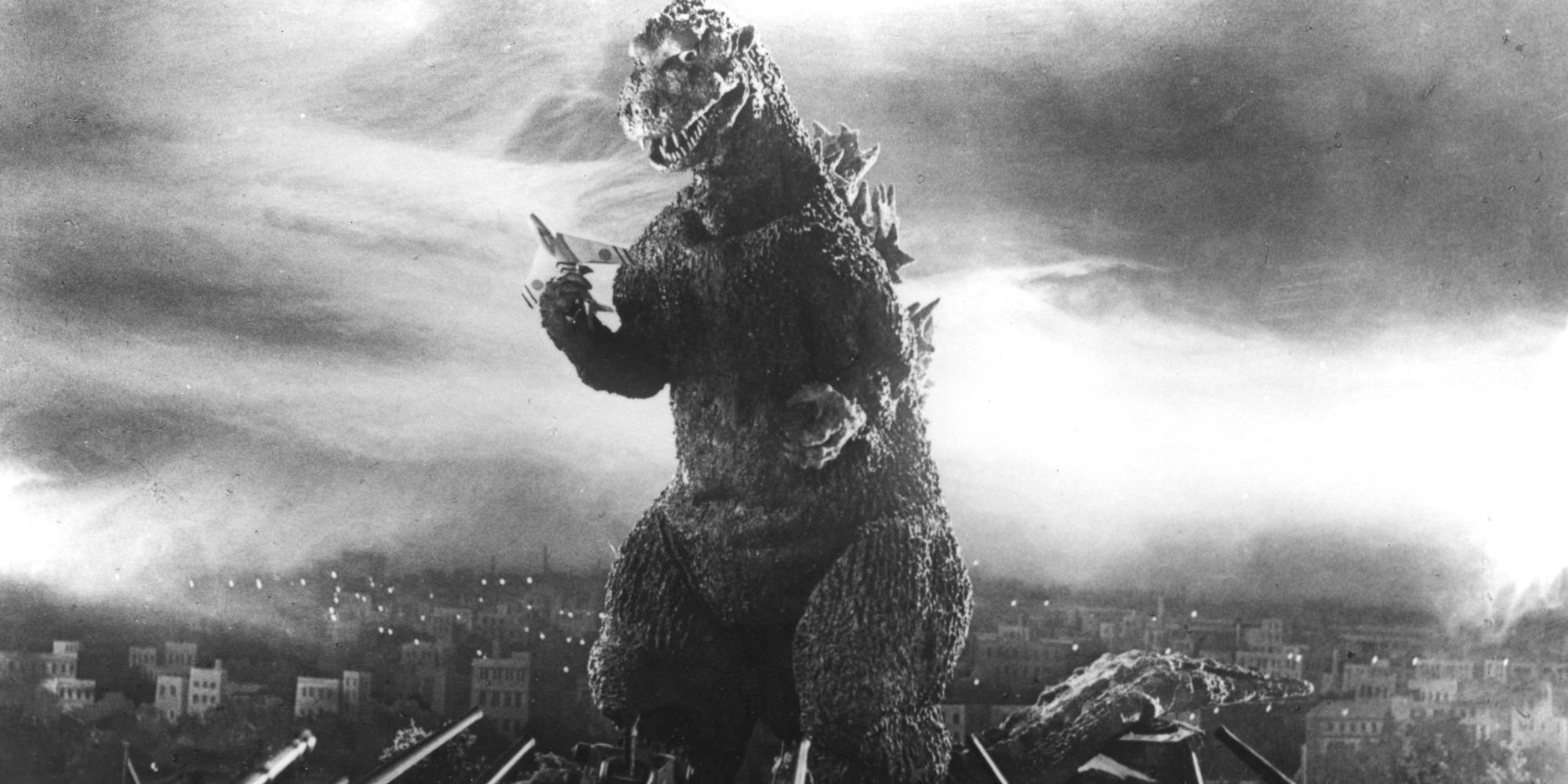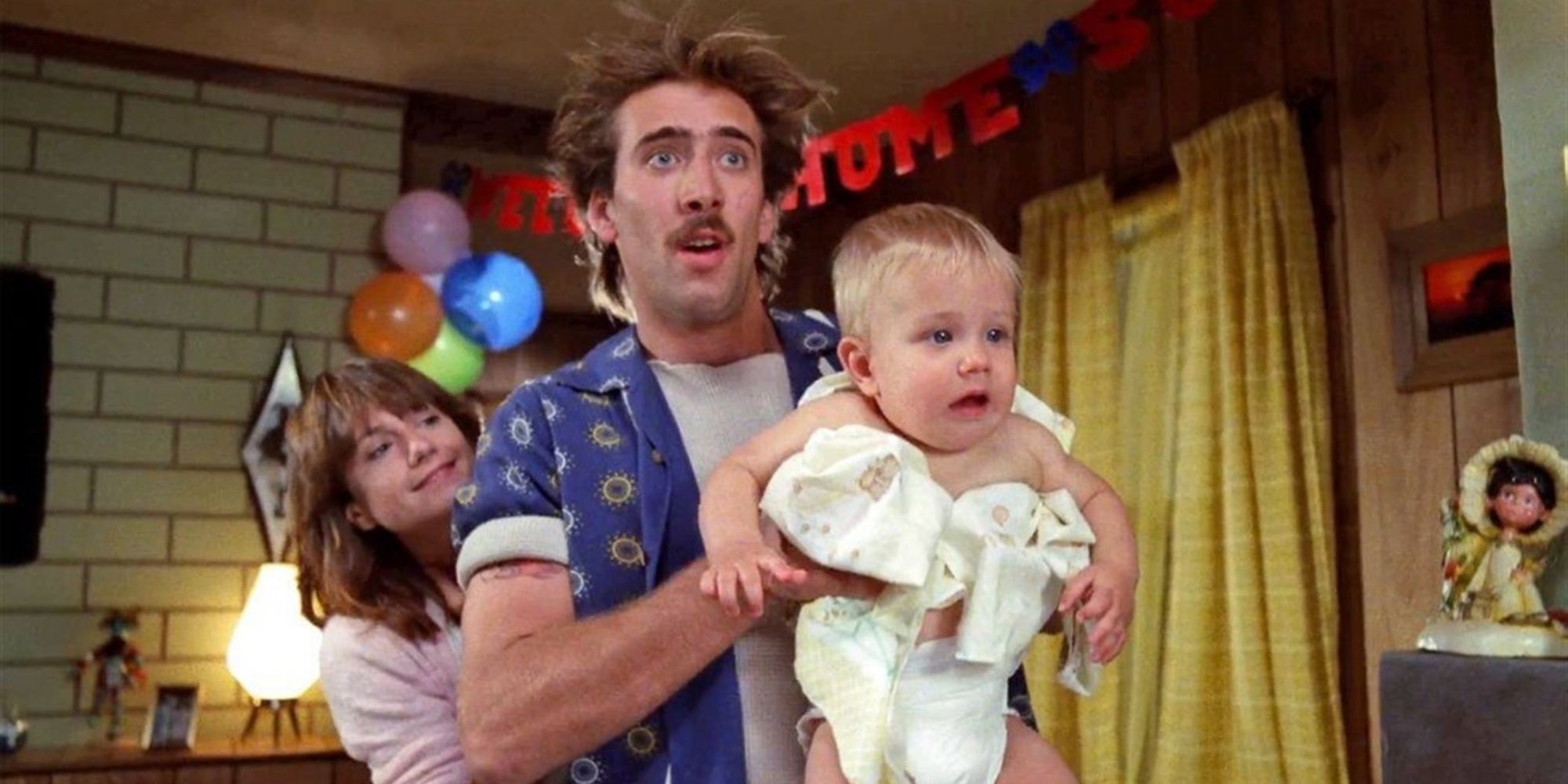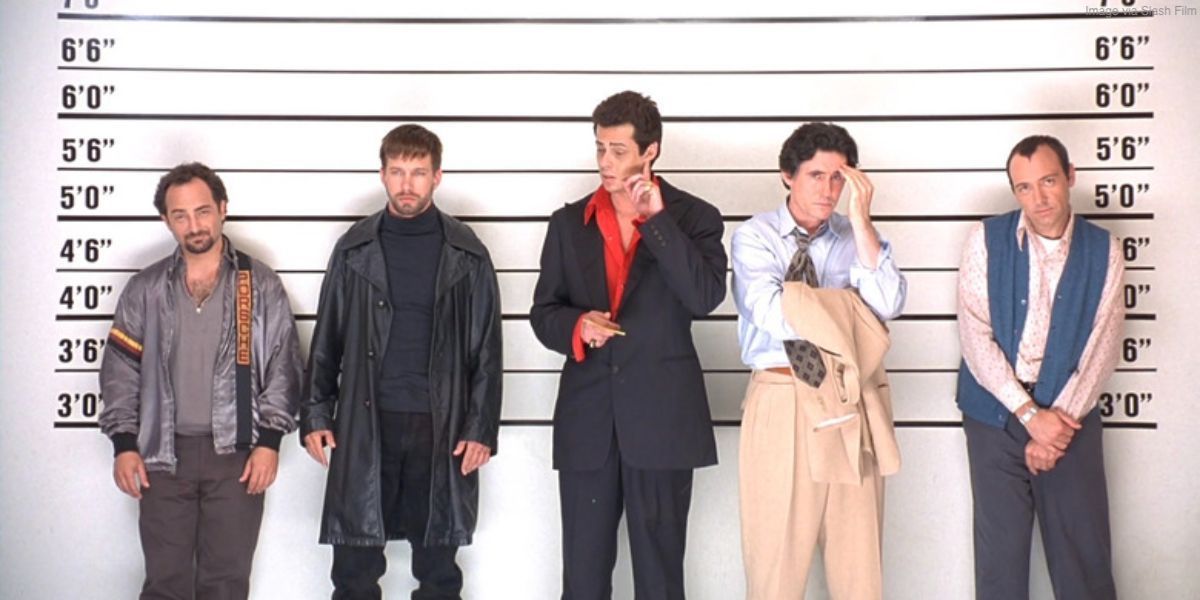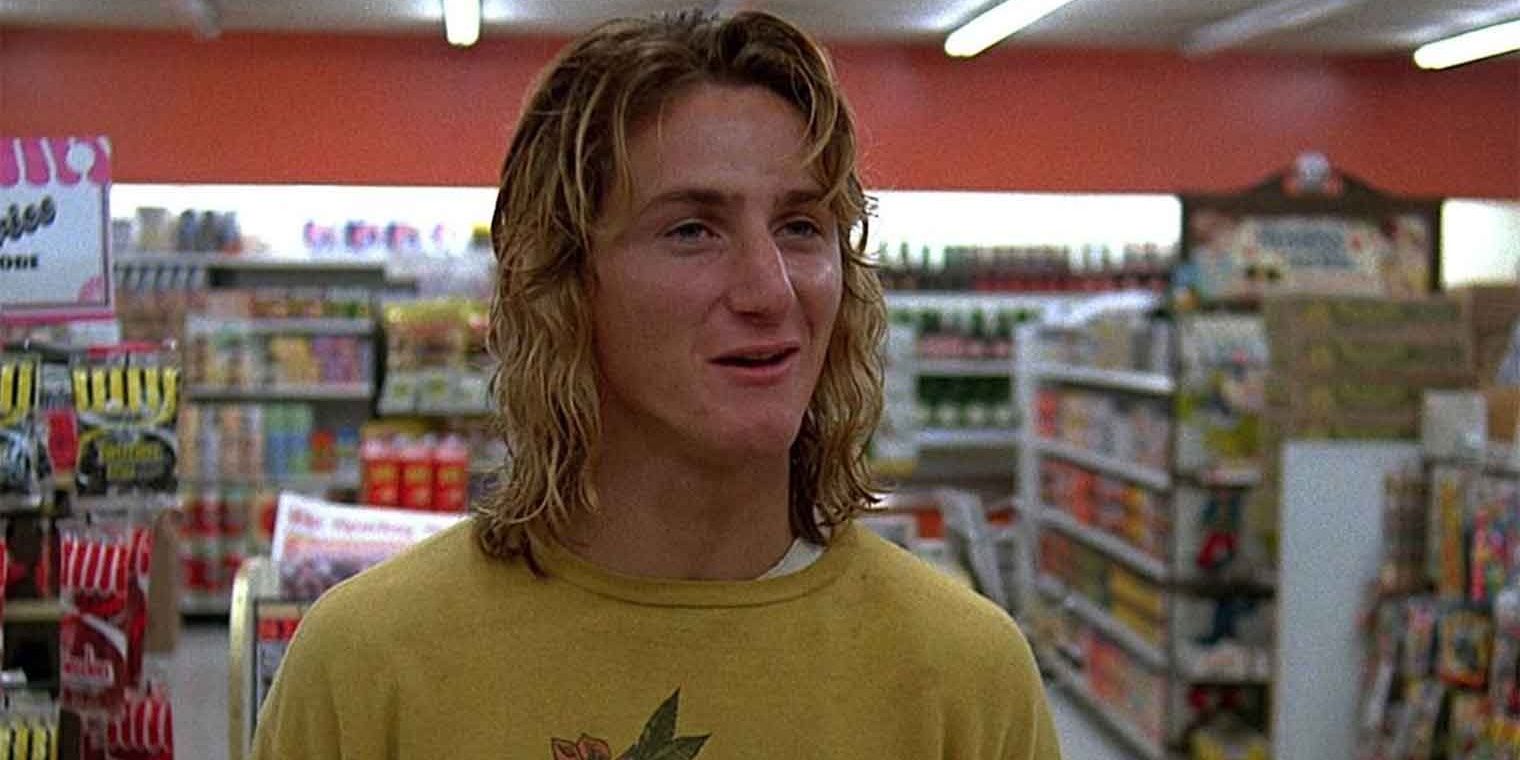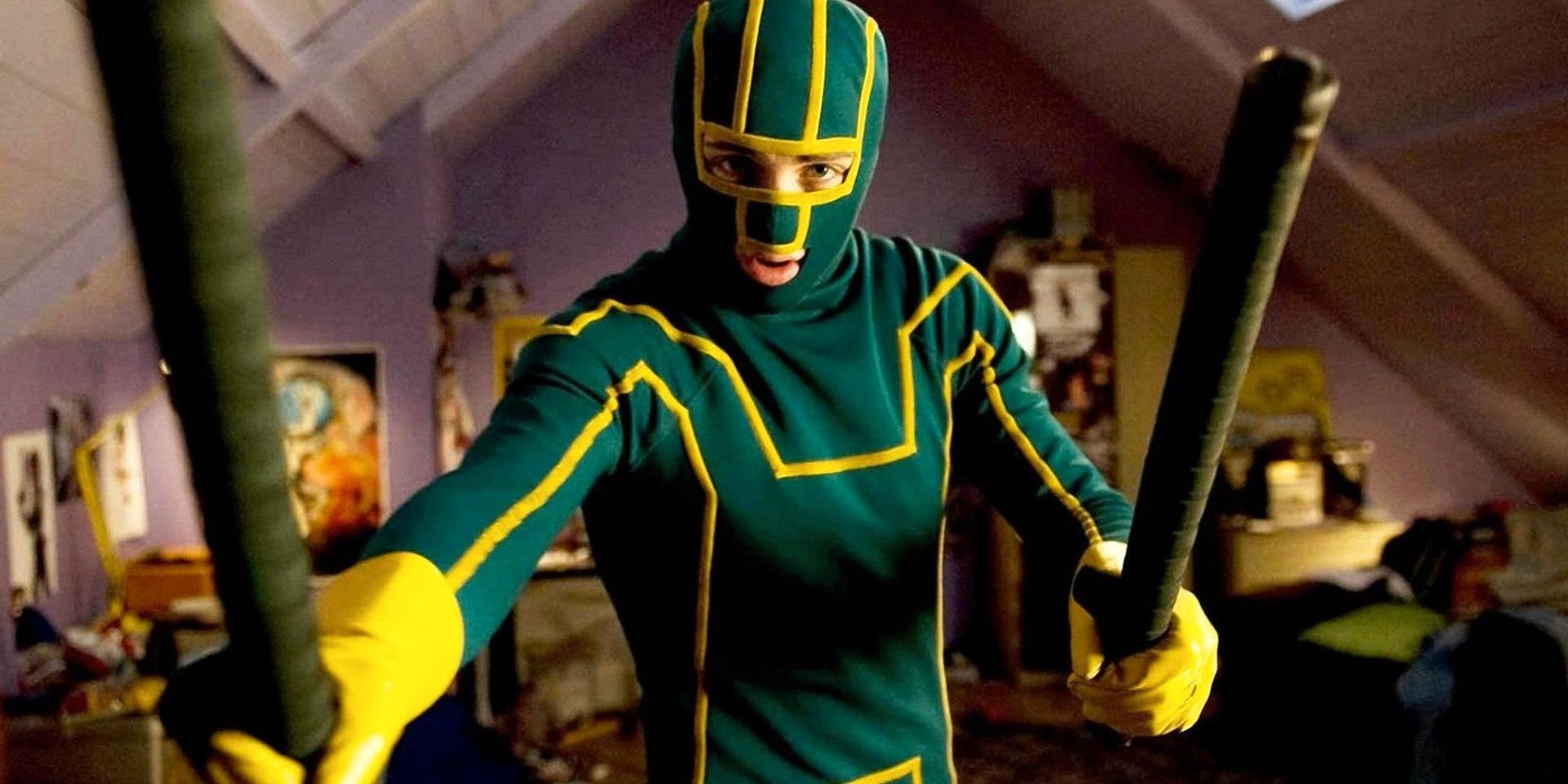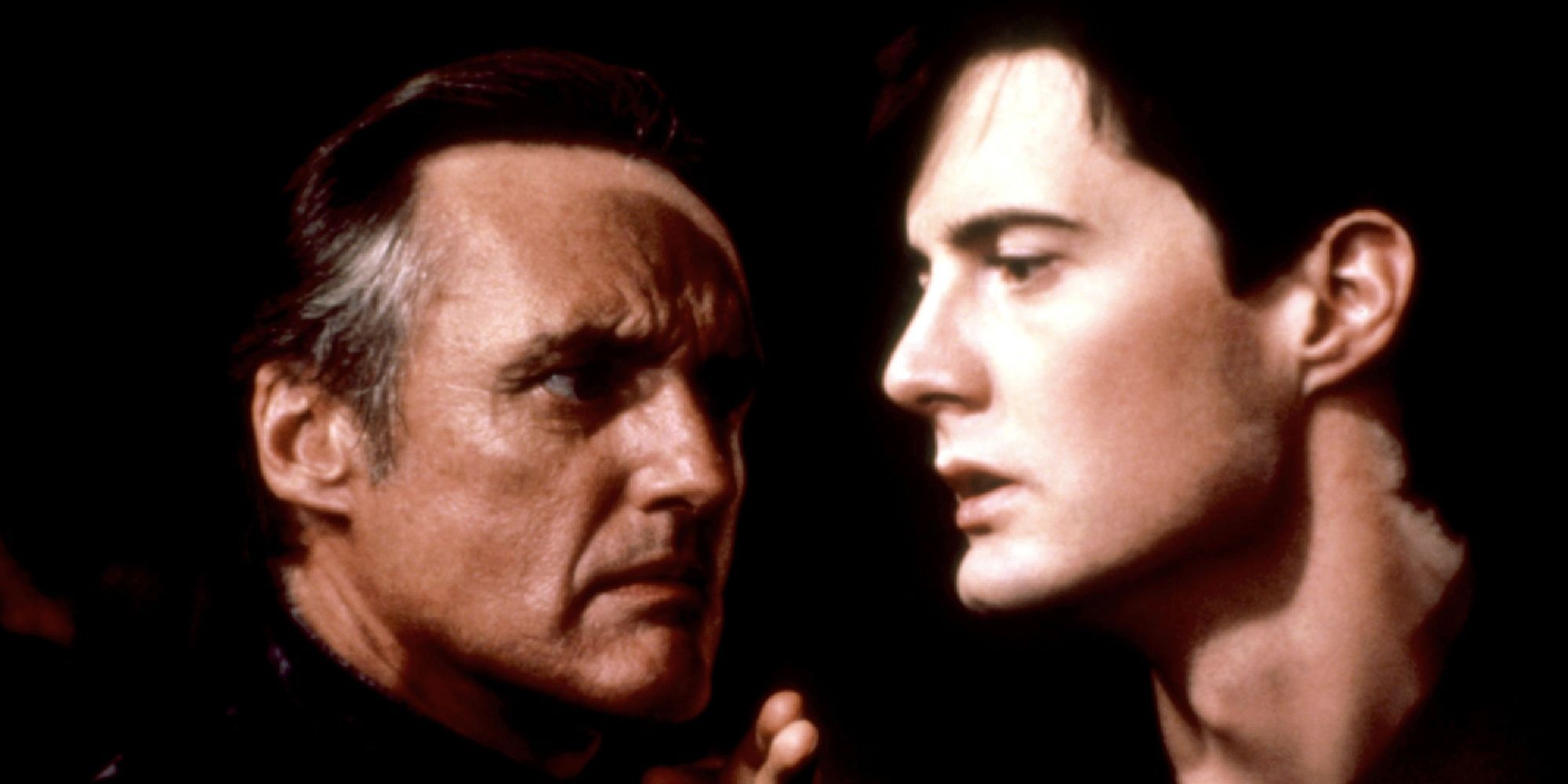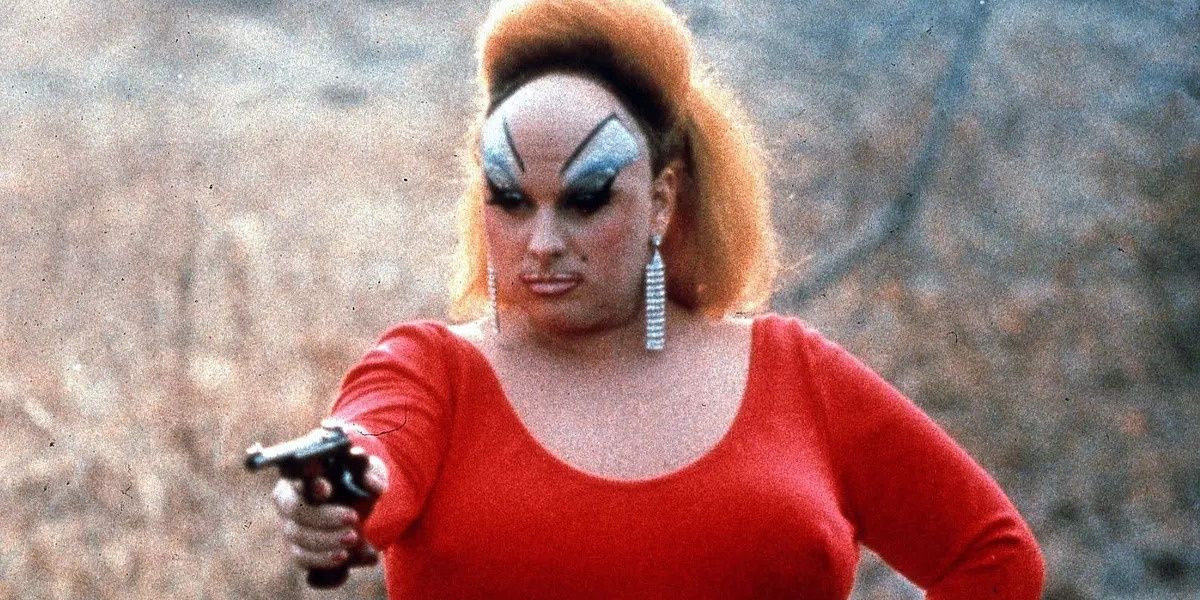Regarding film criticism, there has arguably never been any greater master of the craft than the legendary American critic Roger Ebert. He had an understanding of cinema deeper than most of his peers and a charming and eloquent way of writing about movies that never failed to shed new light on aspects that most wouldn’t have thought otherwise.
As perhaps the greatest American movie critic of all time, Roger Ebert and his excellent reviews are always relevant. Although he typically sided with the majority of critics and was generous with his full 4/4 star ratings, there were a few noteworthy occasions when he didn’t. More particularly, over the course of his career, there were quite a few critically acclaimed movies that he happened to dislike, offering a different view than most of his peers. He very famously disliked a wide variety of movies — a few of them were highly acclaimed by other critics, from genre staples like The Usual Suspects to Oscar-winning spectacles like Gladiator.
15 ‘Batman’ (1989)
Roger Ebert’s rating: 2/4 stars
Tim Burton‘s Batman marked a before and an after in the superhero genre. Tackling a darker and gloomier take on the Caped Crusader, it was the first film in its genre to show that superheroes could be taken seriously, and that their stories could be vehicles for interesting themes and complex narratives.
Ebert, however, was one of the movie’s few detractors. In reviewing it, Ebert expressed great admiration of Batman‘s visual style and impressive production design, but also called it “a triumph of […] style over substance” whose story he couldn’t bring himself to enjoy. The critic seems to have enjoyed “the camp 1960s TV series, the in-joke comic books,” and not Burton’s take.
Batman (1989)
- Release Date
- June 23, 1989
- Runtime
- 126 minutes
14 ‘The Texas Chain Saw Massacre’ (1974)
Roger Ebert’s rating: 2/4 stars
One of the quintessential genre-defining horror movies of classic Hollywood, The Texas Chain Saw Massacre is a simple but truly hair-curling low-budget slasher-like about five friends who head to an isolated rural area in Texas, where they discover something sinister inside an abandoned house.
Fans of the genre will tell you that this is an undeniable masterpiece in low-budget horror filmmaking, but in Ebert’s review of Texas Chain Saw Massacre, he said that it was “without any apparent purpose” other than “the creation of disgust.” He praised the creators for making such a film on a shoestring budget but was ultimately lost on the meaning and relevance of a story he considered all too shallow.
Texas Chain Saw Massacre
- Release Date
- October 11, 1974
- Cast
- Marilyn Burns , Paul A. Partain , Edwin Neal , Jim Siedow , Gunnar Hansen , Allen Danziger , William Vail , Teri McMinn
- Runtime
- 83 Minutes
13 ‘Dead Poets Society’ (1989)
Roger Ebert’s rating: 2/4 stars
The legendarily hilarious and talented Robin Williams was at the top of his game in the late ’80s and early ’90s, and Dead Poets Society remains one of his movies from that period that fans love the most. In it, an eccentric professor uses art and poetry to push his students to challenge the status quo and reach new heights of self-expression.
That sounds like a pretty universally lovable, feel-good film, and most critics agreed, but not Ebert. In Ebert’s review of Dead Poets Society, he called the movie “a collection of pious platitudes masquerading as a courageous stand in favor of something,” praising Williams while criticizing the script’s manipulative emotional tendencies.
Dead Poets Society
- Release Date
- June 2, 1989
- Runtime
- 128
- Main Genre
- Drama
12 ‘Gladiator’ (2000)
Roger Ebert’s rating: 2/4 stars
Ridley Scott tends to be a pretty hit-or-miss director, which is certainly reflected in the different scores that Ebert gave his many films. When Gladiator came out, critics praised it as an undeniable triumph, and it went on to win five Oscars. It tells the story of a former Roman general who seeks revenge against the corrupt emperor who murdered his family and sold him into slavery.
Though most people would call this historical epic one of Ridley Scott’s best movies, Ebert wasn’t sold on it. Ebert reviewed Gladiator and compared the story to “Rocky on downers,” lamenting the drama’s morose tone and arguing that it lacked personality, color, and true entertainment value.
Gladiator
- Release Date
- May 5, 2000
- Runtime
- 155 minutes
11 ‘Fight Club’ (1999)
Roger Ebert’s rating: 2/4 stars
Although today it’s considered a quintessential classic of the psychological thriller genre, Fight Club wasn’t that big of a success in 1999. As the years passed, though, critics and audiences started to see the brilliance in this story about an insomniac office worker and a mysterious soap maker who formed an underground fight club.
Ebert didn’t join those newly appreciative critics, however, denouncing Fight Club in his review as “a celebration of violence” and “macho porn.” Some have argued that he missed the point of David Fincher‘s most popular outing, but the fact remains that the critic found it distasteful.
Fight Club
- Release Date
- October 15, 1999
- Runtime
- 139 minutes
10 ‘The Elephant Man’ (1980)
Roger Ebert’s rating: 2/4 stars
David Lynch, one of the most famous modern filmmakers of surrealist cinema, has always been divisive. However, The Elephant Man (only his second-ever feature) is one of his most accessible and widely beloved works, a biopic about a Victorian surgeon who rescues a disfigured man who’s mistreated while living as a side-show freak.
The majority of critics called the film emotionally stirring and a triumph in makeup and prosthetics. Although Ebert’s review of The Elephant Man also praised the beautiful visuals, he called its story “pure sentimentalism,” and its narrative philosophy “shallow.”
The Elephant Man
- Release Date
- October 10, 1980
- Director
- David Lynch
- Runtime
- 124 minutes
9 ‘A Clockwork Orange’ (1971)
Roger Ebert’s rating: 2/4 stars
In the terrifying quasi-dystopian world of Stanley Kubrick‘s A Clockwork Orange, the leader of an ultraviolent youth gang is incarcerated and volunteers for a re-education experiment — which doesn’t go as planned. Despite being too disturbing for some, it’s one of the most acclaimed sci-fi films of the ’70s and one of Kubrick’s most famous movies.
Ebert’s relationship with A Clockwork Orange is nothing short of fascinating. It was his wife Chaz Ebert‘s favorite movie, and though he tried to give it more chances throughout his life, he never saw what most other critics did, calling A Clockwork Orange in his review “an ideological mess […] masquerading as an Orwellian warning”. Chaz must have surely disagreed.
A Clockwork Orange
- Release Date
- December 19, 1971
- Director
- Stanley Kubrick
- Cast
- Malcolm McDowell , Patrick Magee , Michael Bates , Warren Clarke , John Clive , Adrienne Corri
- Runtime
- 136
8 ‘Godzilla’ (1954)
Roger Ebert’s rating: 1.5/4 stars
The first Godzilla was arguably the very first kaiju movie (and arguably still the best monster movie), spawning a subgenre of monster films that remains one of the most prolific and beloved by fans worldwide. A metaphor for the nuclear holocaust from Japan’s perspective, it’s about an unstoppable beast that throws Japan into a panic after American nuclear tests created it.
Even though it’s just as much of a cultural phenomenon today as it was in the ’50s, Godzilla sadly can’t say that it counts with the approval of Roger Ebert. The critic, though showing appreciation of the film’s socio-cultural background in his review of Godzilla, dismissed it as idiotic overall, simply calling it “a bad movie.”
Godzilla (1954)
- Release Date
- November 3, 1954
- Director
- Ishirô Honda
- Cast
- Takashi Shimura , Akihiko Hirata , Akira Takarada , Momoko Kôchi
- Runtime
- 96 minutes
7 ‘Raising Arizona’ (1987)
Roger Ebert’s rating: 1.5/4 stars
The earlier works of the Coen brothers are filled with outstanding, underrated classics in desperate need of more appreciation. Raising Arizona, about a childless couple who kidnaps one of another family’s quintuplets, is definitely one of them.
Although most critics found that the movie showed early signs of the Coens’ brilliance as directors and writers, Ebert wrote in his review that he thought it was “shot down by its own forced and mannered style,” showing that the directors’ signature comedic style just wasn’t for him, at least at that point in time.
Raising Arizona
- Release Date
- April 10, 1987
- Director
- Joel Coen , Ethan Coen
- Runtime
- 94 Minutes
6 ‘The Usual Suspects’ (1995)
Roger Ebert’s rating: 1.5/4 stars
The Usual Suspects is usually called one of the best crime mystery movies of the 20th century, with an ensemble of memorable characters and one of cinema’s most famous plot twists. It shows a man attempting to convince the feds that a mythic crime lord is not only real but also responsible for drawing him and his four partners into a heist that ended in a lethal explosion.
The majority of critics called the movie imaginative, gripping, and fun, but Ebert differed. Ebert mentioned in his review that his conclusion after watching and re-watching The Usual Suspects, which he found unbearably hard to follow, was “To the degree that I do understand, I don’t care.” He found the story’s twists effective but ultimately pointless.
The Usual Suspects
- Release Date
- July 19, 1995
- Director
- Bryan Singer
- Runtime
- 106
- Main Genre
- Crime
5 ‘Fast Times at Ridgemont High’ (1982)
Roger Ebert’s rating: 1/4 stars
Fast Times at Ridgemont High is one of the most beloved, authentic, true-to-life depictions of teen life that have ever been put to the silver screen, making it the highly acclaimed film it is. It’s the story of a group of Southern California students enjoying life and having fun.
Almost all across the board, the film was celebrated for its fresh sense of humor and quintessentially ’80s-y feel. On the other hand, Ebert found its tone-deaf use of vulgarity utterly tasteless. Without missing a beat, Ebert’s review criticizes Fast Times‘ tendency of “taking potentially funny situations and turning them into general embarrassment.”
Fast Times At Ridgemont High
- Release Date
- August 13, 1982
- Director
- Amy Heckerling
- Runtime
- 90 minutes
4 ‘Taste of Cherry’ (1997)
Roger Ebert’s rating: 1/4 stars
Iran has produced some of the most lauded non-English-speaking movies out there, and Taste of Cherry is not only one of the best but also one of the most life-affirming films ever. It’s about a middle-aged man determined to commit suicide, driving around Teheran looking for someone to bury him under a cherry tree after his passing.
Even though it’s such a landmark of Iranian cinema, Ebert disliked Taste of Cherry intensely. He reviewed it and called it “excruciatingly boring,” bemoaning that it took the admittedly interesting concept of a fable about life and death and used it as the foundation of a story that he found monotonous, overlong, and vapid.
3 ‘Kick-Ass’ (2010)
Roger Ebert’s rating: 1/4 stars
Even today, after the genre’s boom, you don’t get many movies like Kick-Ass. Irreverent and violent, it’s an action comedy about a teenager and comic book fan who one day decides to become a superhero, even though he has no skills or meaningful reason to do so.
Most critics were charmed by how the movie pokes fun at typical conventions of its genre, but Ebert was far from impressed. In his review, Ebert lamented how unfunny Kick-Ass‘s satirical elements were, and found it “morally reprehensible” how nonchalantly the movie placed an 11-year-old girl in gory, ultra-violent situations.
Kick-Ass
- Release Date
- April 16, 2010
- Director
- Matthew Vaughn
- Runtime
- 117 minutes
2 ‘Blue Velvet’ (1986)
Roger Ebert’s rating: 1/4 stars
Blue Velvet is one of David Lynch’s most celebrated works, telling the mysterious tale of a young man who starts investigating a beautiful yet mysterious singer and a group of criminals who kidnapped her son after discovering a severed human ear.
Critics and audiences loved the film, but Ebert certainly didn’t. Although he admitted that the story held a special kind of raw emotional power and energy, he also wrote in his review of Blue Velvet that he thought it was “pulled so violently in opposite directions that it [pulled] itself apart.” It’s not rare to hear that about Lynch’s movies, though it’s certainly not common to hear it about this particular one.
Blue Velvet
- Release Date
- October 3, 1986
- Director
- David Lynch
- Runtime
- 120 minutes
1 ‘Pink Flamingos’ (1997)
Roger Ebert’s rating: Thumbs down
John Waters is undoubtedly an acquired taste, and Pink Flamingos (his most popular and well-known movie) is even more so. Wildly provocative and transgressive, it’s a crime comedy about Baltimore’s most notorious beauty, the self-proclaimed “filthiest person alive,” as she faces a pair of degenerates trying to take her title.
Though it’s a movie notorious for being vulgar and filthy, those who know what they’re getting into always end up praising Waters’s most famous work. Ebert was an exception. Ebert gave Pink Flamingos one of his notorious thumbs-down ratings (worse than no stars at all), stating in his review that “it should be considered not as a film but as a fact, or perhaps as an object.”
Pink Flamingos
- Release Date
- March 17, 1972
- Director
- John Waters
- Cast
- Divine , David Lochary , Mary Vivian Pearce , Mink Stole
- Runtime
- 93 minutes


